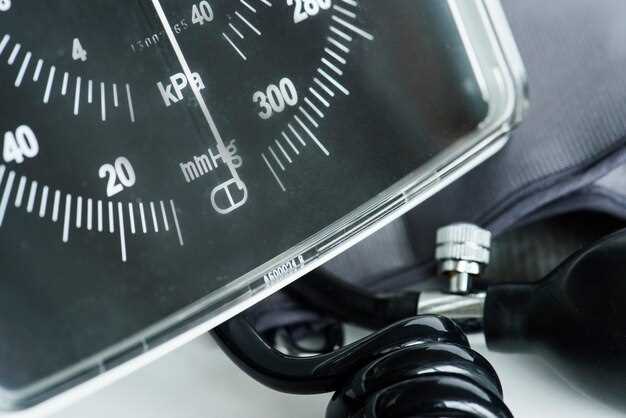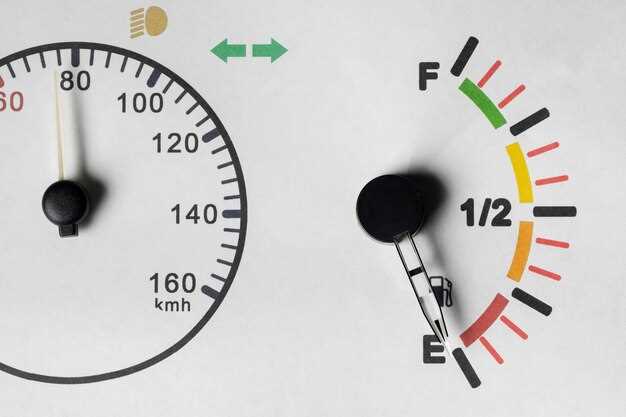
Maintaining engine efficiency is crucial for the longevity and performance of any vehicle. Regular upkeep not only prolongs the life of the engine but also enhances fuel economy and reduces harmful emissions. With varying weather conditions throughout the year, the challenges to engine maintenance can differ significantly, making it essential to adopt a comprehensive approach.
Many vehicle owners neglect routine checks, often resulting in decreased performance and costly repairs. By implementing effective maintenance practices, drivers can ensure their engines operate smoothly year-round. This article will provide practical tips designed to help you keep your engine running efficiently, regardless of the season.
From fluid levels to filter replacements, understanding the key components that contribute to engine health is vital. Adopting a proactive stance towards maintenance can save both time and money in the long run. Investing a little effort into your engine maintenance routine can lead to significant benefits, including improved reliability and enhanced driving experience. Get ready to explore essential tips that will keep your engine in top shape all year long.
Regular Oil Change Schedule for Optimal Lubrication

Maintaining a consistent oil change schedule is crucial for ensuring your engine runs smoothly and efficiently throughout the year. Fresh oil plays a vital role in lubricating engine components, reducing friction, and dissipating heat. Here are the key points to consider for optimal lubrication:
- Follow Manufacturer’s Guidelines: Always adhere to the recommendations outlined in your vehicle’s owner manual. Manufacturers provide specific intervals for oil changes based on mileage or time, ensuring the engine operates at peak performance.
- Types of Oil: Choose the appropriate type of oil for your engine. Synthetic oils tend to have a longer lifespan and can enhance performance, especially in extreme conditions.
- Driving Conditions: Consider your driving habits. Frequent short trips, heavy traffic, or towing can necessitate more frequent oil changes. Assess your conditions and adjust your schedule accordingly.
- Check Oil Levels Regularly: Regularly monitor oil levels between changes. If the oil appears dirty or low, it’s time for a change, even if you haven’t reached the scheduled interval.
- Engine Performance Monitoring: Pay attention to changes in engine performance, such as knocking noises or decreased efficiency, which may indicate the need for an earlier oil change.
Establishing and sticking to a regular oil change schedule not only extends the lifespan of your engine but also improves fuel efficiency and reduces the risk of costly repairs. To maximize engine performance, consider implementing these practices:
- Set reminders for upcoming oil changes based on your usage patterns.
- Document each oil change for future reference and to track maintenance history.
- Engage a professional mechanic for advice on the best oil types and change frequencies tailored to your specific vehicle.
Consistency and awareness are key to optimal lubrication and overall engine health. By prioritizing regular oil changes, you ensure that your engine remains in top condition year-round.
Monitoring and Maintaining Tire Pressure for Fuel Economy
Maintaining optimal tire pressure is crucial for enhancing fuel efficiency and overall vehicle performance. Under-inflated tires can increase rolling resistance, which leads to greater fuel consumption. Conversely, over-inflated tires can reduce traction and lead to uneven tire wear.
Regular Checks
Check tire pressure at least once a month and before long trips. The best time for this is when tires are cold, as heat generated from driving can give inaccurate readings. Use a reliable gauge to ensure accuracy.
Recommended Pressure
Refer to the vehicle’s owner manual or the placard located on the driver’s side door jamb for the recommended tire pressure. Maintaining this specified pressure can help maximize fuel efficiency and prolong tire life.
Effects of Improper Pressure
Every 1 psi drop in tire pressure can decrease fuel efficiency by approximately 0.2%. Therefore, consistently monitoring tire pressure can lead to significant savings over time, enhancing both performance and safety.
Seasonal Adjustments
Be mindful that tire pressure can fluctuate with temperature changes. It is advisable to check tire pressure with the changing seasons, as colder weather can cause a drop in pressure. Adjust accordingly to maintain the correct levels.
Investing in Technology
Consider utilizing Tire Pressure Monitoring Systems (TPMS) if your vehicle is equipped with one. This technology provides real-time pressure readings and alerts for any abnormalities, ensuring prompt maintenance and promoting fuel economy.
Conclusion
Consistent monitoring and maintenance of tire pressure is a simple yet effective practice that can greatly impact fuel economy. By ensuring proper tire inflation, you not only enhance your vehicle’s efficiency but also contribute to safer driving experiences.
Importance of Air Filter Replacement for Engine Performance

The air filter is a crucial component of an engine’s air intake system. It plays a vital role in ensuring that clean air enters the engine, which is essential for optimal combustion. Over time, air filters can become clogged with dirt, dust, and debris, leading to a variety of performance issues.
When the air filter is dirty or blocked, it restricts airflow to the engine. This restriction can cause a decrease in engine power and efficiency. A properly functioning air filter allows for proper air-to-fuel ratio, which is essential for effective combustion. If the filter is neglected, the engine may struggle to maintain its optimal performance, leading to increased fuel consumption and reduced acceleration.
Replacing the air filter regularly is crucial for maintaining engine health. A fresh air filter can lead to improved fuel efficiency, enhancing the car’s overall performance. Moreover, a clean air filter helps protect internal engine components by preventing harmful contaminants from entering the combustion chamber, reducing the risk of wear and tear.
Regular air filter replacement is especially important in areas with high levels of dust and pollution. Under such conditions, air filters can become contaminated much faster. Therefore, checking and replacing the air filter every 12,000 to 15,000 miles, or as recommended by the manufacturer, is a vital maintenance task that should not be overlooked.
In summary, maintaining a clean air filter is essential for maximizing engine performance, improving fuel efficiency, and prolonging the life of the engine. Regular inspections and timely replacements are key to ensuring that your vehicle operates at its best all year round.













